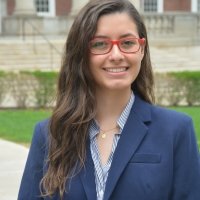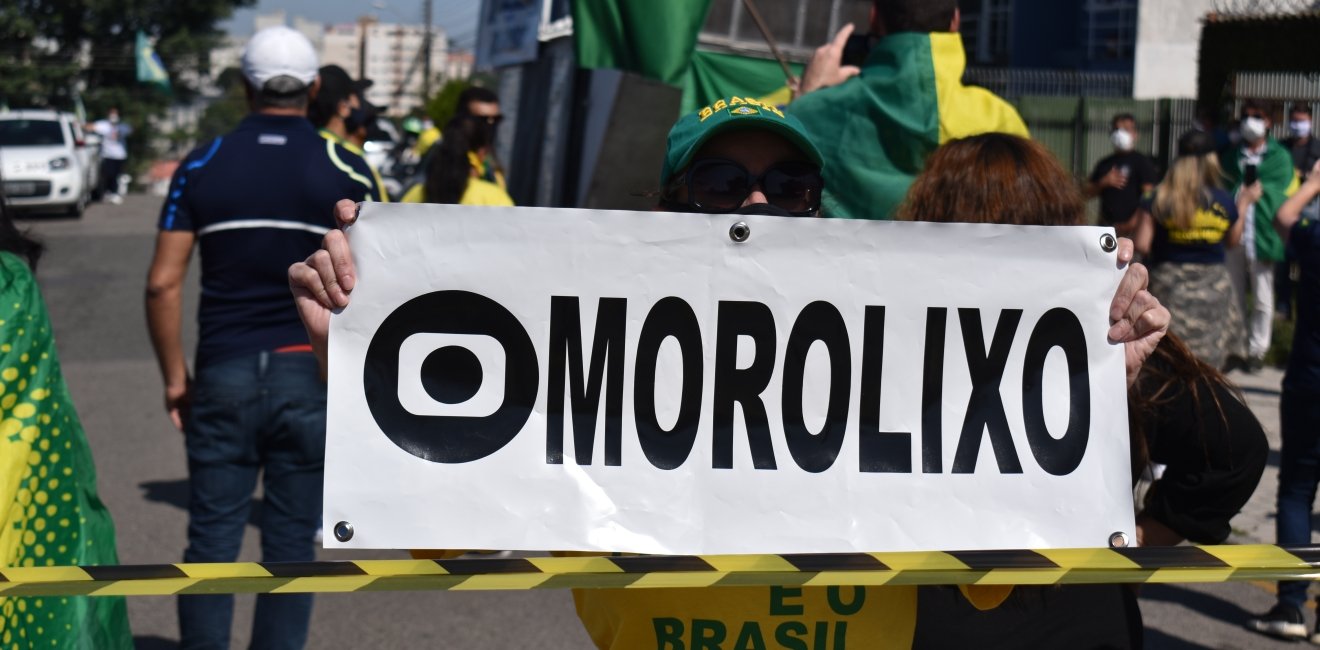
A blog of the Latin America Program
Former Minister of Justice and Public Security Sérgio Moro announced his informal entrance into the 2022 presidential election by joining the centrist political party Podemos (“We can”) and acknowledging he was “weighing a run” for the presidency. Although Moro’s announcement did not come as a surprise, it nevertheless changes some of the dynamics of the presidential race.
In his speech, the former judge criticized frontrunners President Jair Bolsonaro (under whom Moro served) and former President Luiz Inácio Lula da Silva (whom Moro put in jail), and positioned himself as the terceira via (“third way”) for the 12 percent of voters turned off by the current and former leaders. Could Moro be the compromise candidate so many Brazilians are hoping for?
The short answer is maybe, but it will be an uphill climb.
In a deeply polarized political environment that pits the standard-bearers of Brazil’s right and left as prominent contenders, no center/center-right candidate has definitively stood out. São Paulo Governor João Doria, Rio Grande do Sul Governor Eduardo Leite, Minas Gerais Senator Rodrigo Pacheco and former Health Minister Luiz Henrique Mandetta are all notable candidates, yet all remain in the single digits in polls. Initial surveys have shown Moro attracting less than 10 percent of voters, while others show the former judge consolidating a third-place position. Ironically, Moro might inadvertently help Lula widen his first-round margin of victory by siphoning voters from Bolsonaro – particularly upper-class Brazilians and those in the southern region of the country.

The former justice minister stands out from other third-way candidates because of his unparalleled name recognition as the judge who presided over the high-profile “Car Wash” corruption investigation. The sprawling case made Moro an internationally respected crime fighter. But his star has faded in recent years, thanks to his controversial decision to join the Bolsonaro cabinet, and allegations of political bias and judicial overreach that tainted the legacy of the “Car Wash” investigation. Today, the former judge’s negative ratings exceed 60 percent, second only to the divisive Bolsonaro.
Moro’s “floor” of support is probably high enough to crowd out other center-right candidates in the race, but his controversial reputation and high rejection ratings may make mounting a competitive presidential campaign a daunting challenge. That is particularly true as his signature issue, corruption, is no longer viewed by Brazilian voters as a top priority, given the country’s economic crisis.
Author


Latin America Program
The Wilson Center’s prestigious Latin America Program provides non-partisan expertise to a broad community of decision makers in the United States and Latin America on critical policy issues facing the Hemisphere. The Program provides insightful and actionable research for policymakers, private sector leaders, journalists, and public intellectuals in the United States and Latin America. To bridge the gap between scholarship and policy action, it fosters new inquiry, sponsors high-level public and private meetings among multiple stakeholders, and explores policy options to improve outcomes for citizens throughout the Americas. Drawing on the Wilson Center’s strength as the nation’s key non-partisan policy forum, the Program serves as a trusted source of analysis and a vital point of contact between the worlds of scholarship and action. Read more


Brazil Institute
The Brazil Institute—the only country-specific policy institution focused on Brazil in Washington—aims to deepen understanding of Brazil’s complex landscape and strengthen relations between Brazilian and US institutions across all sectors. Read more

Explore More in Weekly Asado
Browse Weekly Asado
Dengue Haunts South America’s Summers

Lessons from Costa Rica’s Economic Transformation

Women and Latin America’s Digital Revolution

